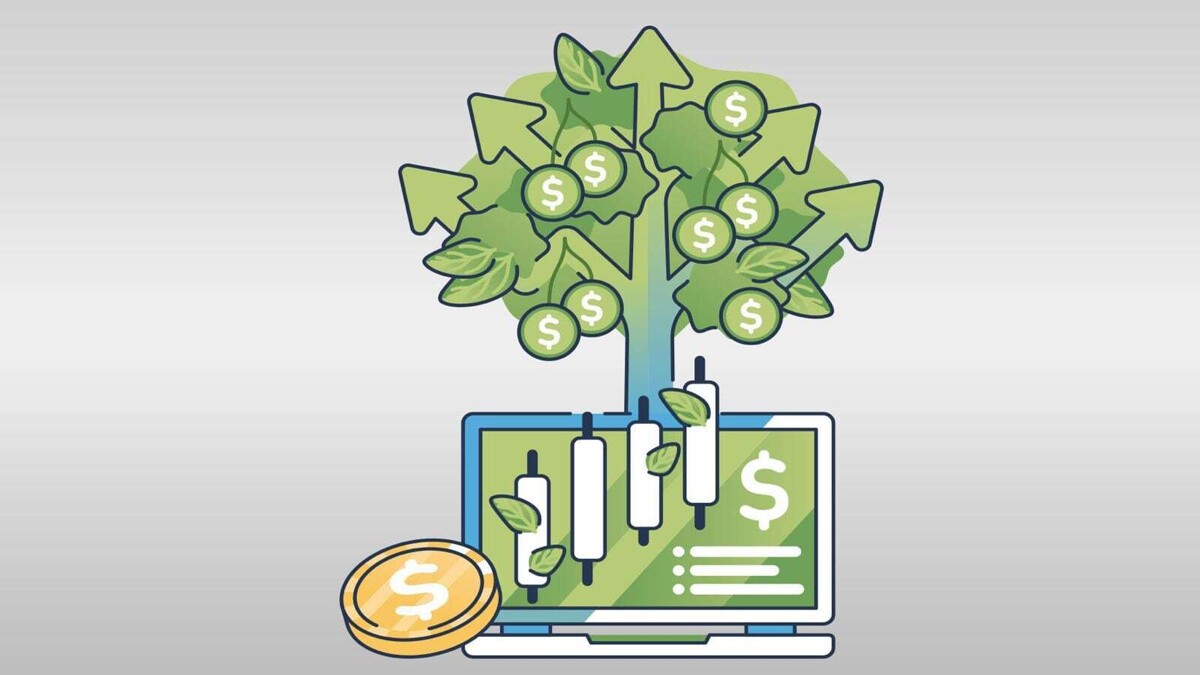
The General Law on Climate Change and the guidelines of the CNBV require financial institutions to report their sustainability initiatives and reduce their greenhouse gas emissions. The Ministry of Environment and Natural Resources (Semarnat) oversees compliance with these regulations, ensuring that companies meet national emission reduction goals.
The commitment of banking institutions and fintechs in Mexico is a crucial step in reducing the environmental impact in the sector. These initiatives not only respond to regulatory demands, but also reflect a growing environmental consciousness among financial actors. As awareness of climate change continues to grow, the demand for sustainable fintech solutions is likely to increase.
In this context, financial technology companies, known as fintechs, are emerging as key players in the fight against climate change. While it is true that fintechs have revolutionized access to financial services, facilitating inclusion for underserved populations and democratizing capital; it is also true that their potential goes beyond mere financial innovation. These companies can play a fundamental role in promoting sustainable practices by offering solutions that encourage investment in green projects and efficient resource management. Startups are positioning themselves as catalysts for change towards a more sustainable economy.
One of the ways fintechs are contributing to the fight against climate change is through financing platforms for renewable energy projects. These companies allow investors to participate in sustainable projects such as solar or wind energy, promoting attraction towards clean technologies. The integration of emerging technologies, such as artificial intelligence and blockchain, could enhance transparency and efficiency in financing green projects, further facilitating investment in sustainable initiatives.
In the last decade, the world has witnessed a growing concern about climate change that causes devastating effects on the environment and society. Through crowdfunding models and P2P lending platforms, consumers can support initiatives that would otherwise not have access to financing. Some fintechs are developing tools to measure and compensate for the carbon footprint; these applications allow companies and consumers to track their environmental impact and make informed decisions to reduce their emissions. By providing clear and accessible data, these platforms empower users to adopt more sustainable behaviors.
Mexico has a robust regulatory framework that encourages the adoption of sustainable practices.














